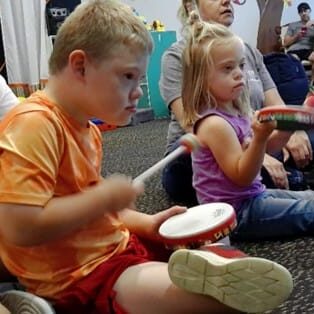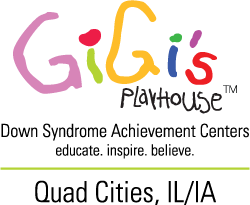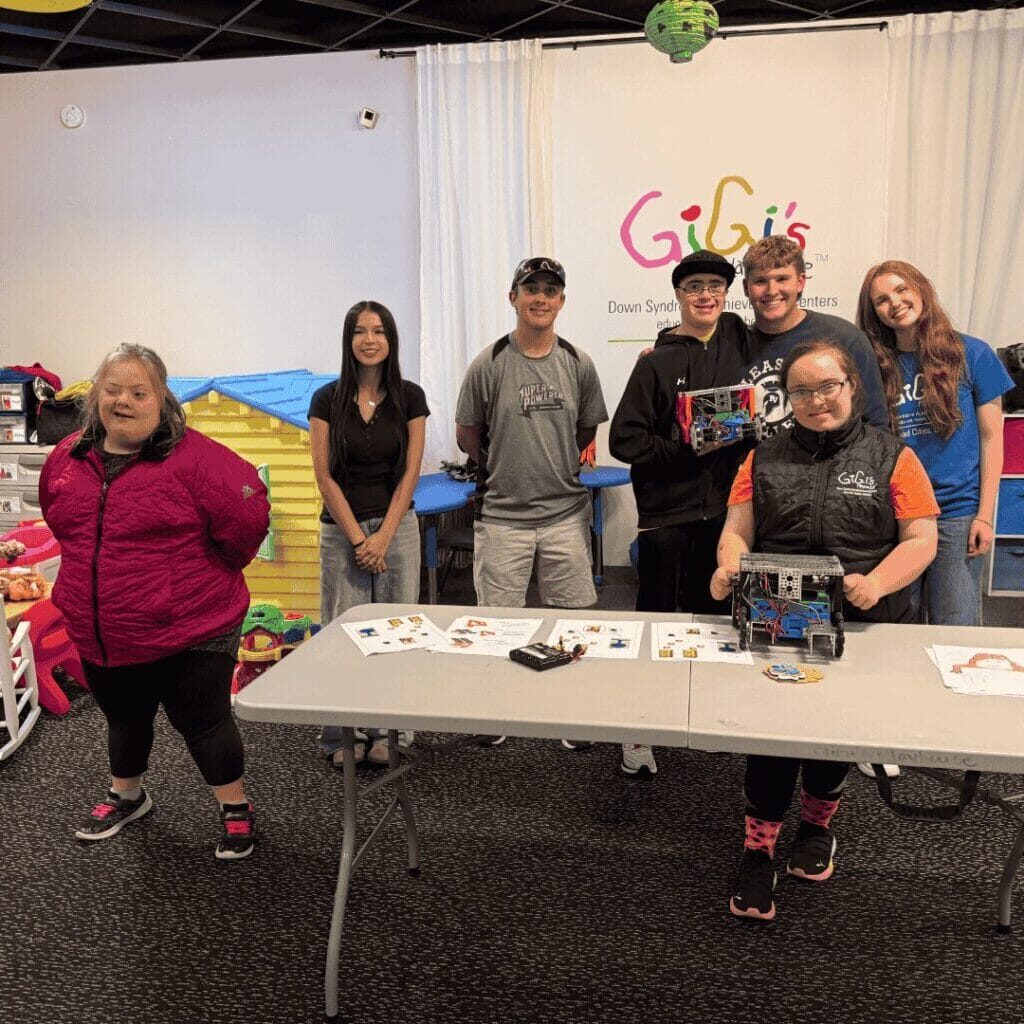Everyday Speech and Language Skills: In Your Morning Routine
September 6, 2017
Everyday Speech and Language Skills: In Your Morning Routine
We are back again this month with more ideas on how to incorporate speech and language skills into everyday routines. This week we will be touching on your morning routine.
We know, mornings can be tough, everyone must get ready, eat and out the door at a certain time. It can get crazy! So, here are some simple things you can try:
- Bathroom: I know, this can be the hardest part of the morning, but there are some great following directions things that can happen here.
- You could create a picture sequence for brushing your teeth, using the bathroom or washing your hands. This list is endless!
- You could also give your child multiple directions to see if they can follow. It is as simple as, “Grace get your toothbrush, put toothpaste on it and brush your teeth.” Then let her try. You could also try simple one step directions “pants down”, “get soap”, “flush” if multiple steps are too difficult and build up to 3 or 4 steps.
- Getting Dressed: Creating independence by letting your child pick out his own clothes is great, but we can always slow down and help some days.
- Practice asking your child to request the clothes he/she would like to wear. You can ask questions like: “What do you want to wear?”, “Pants or shorts?”, “Blue or green shirt?” Any way to get your child to use words is the goal!
- Talk about the weather. Look it up on the phone, computer or on the news. Then discuss what you might need to wear or have because of the weather that day (i.e. coat, umbrella, boots, hat, etc.)
- Talk about today’s events. Maybe your child is going to school or daycare. Maybe after school they are going somewhere special (i.e. swimming, grandma’s, etc.). ask questions about what is needed for these activities. Maybe your child picks out something to show someone.
- Getting Ready for The Day: This could be the best part of the morning
- Talk about the day. Go over, out-loud, the things that need to happen that day and have your child repeat it. This way your child knows the sequence of events has they are happening. For older children, talk about school and the things they need to classes. This way he/she will be reminded to have all the materials he/she may need.
- Saying goodbye. It is so important to start our children’s day on a good note. Giving them a positive word and love before they leave the house can make or break the day. If you need to talk about behaviors, put a positive spin on them (i.e. “When you are at lunch, you are going to sit and talk to the friends around you, so the cafeteria does not get too loud. You will be able to talk to your other friends at recess.” This is better than, “Don’t yell to your friends across the room at lunch.”
Recent Posts

November 2025 Best of All
The highlights below are just a few of the #bestofall moments we witnessed during November. Participant & Program Best of All Our Program Best of...



I am truly glad to glance at this blog posts which
includes plenty of valuable data, thanks for providing such data.
I am really grateful to the owner of this site who has shared this impressive post at
here.